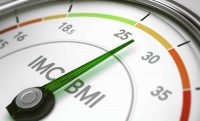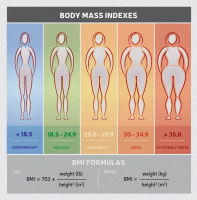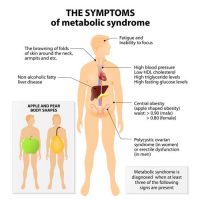
Where Do You Store Your Fat? It Matters More Than You Think
We do you store your body fat? There’s growing evidence that where you store body fat says a lot about your risk of future health problems. Find out more.

We do you store your body fat? There’s growing evidence that where you store body fat says a lot about your risk of future health problems. Find out more.

You’ve probably heard people say they want to “tone up.” Can you really tone a muscle and what does that really mean? Find out.

BMI is the old standby health professionals use to monitor whether a person is obese or of normal weight. However, this measurement has flaws for athletes, older people, and, as a new study shows, women who have gone through menopause. Are there better ways to measure?

Tempo or rep speed is a variable you can manipulate when you strength train. In fact, picking up the tempo may give you another benefit – greater calorie burn.

More important than your weight is your body fat percentage. One possible way to monitor your body fat at home is with skin-fold measurements using calipers. How accurate is this method?

BMI, or body mass index, is used by health care professionals to determine whether someone is a healthy body weight. However, this method has serious flaws. Here are six reasons BMI is not a good measure of health or fitness.

Metabolic syndrome is one of the most common health problems that often goes undiagnosed. Yet, it can lead to serious health problems. Fortunately, it’s a syndrome you can lower the risk of through lifestyle and even reverse through lifestyle changes.

Are you gaining muscle mass? How can you tell? You might get an idea by looking in the mirror but that’s not very precise. Here’s another way to see if you’re building muscle tissue.

Vitamin D – you know you need it for bone and immune health, but can it also help you improve your body composition? Discover another reason why you should optimize your levels of vitamin D.

Are you having a hard time getting your abs to show, thanks to a layer of belly fat? Why is belly fat so hard to lose, especially as you age? Find out.

Where are your “problem areas?” Do you store body fat in your buttocks and thighs or around your waistline? More importantly, what does where you store body fat say about your health? Find out.

Now you know that you can develop prediabetes (or diabetes) if you’re not overweight and that the number of people who fall into this category is greater than it used to be.